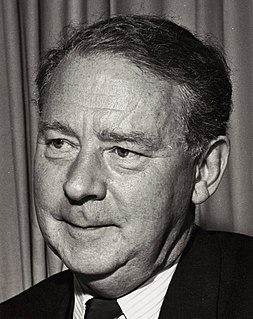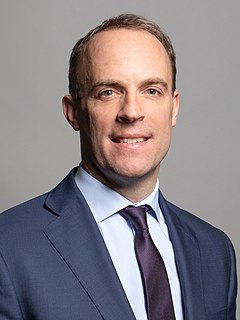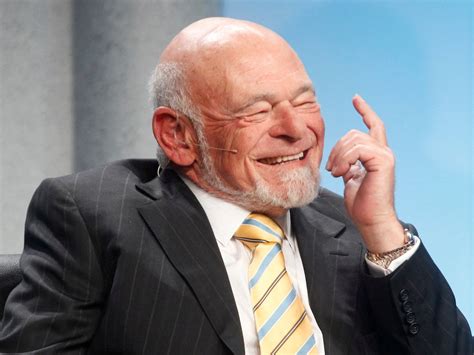A Quote by Hugh Gaitskell
In recent years, hours of work have been reduced, holidays have been increased, the age of entry into employment has gone up, and above all, our general health and expectation of life as a people have markedly improved. It is a natural corollary of these changes that we should work longer and retire later.
Related Quotes
Above a certain level of income, the relative value of material consumption vis-a-vis leisure time is diminished, so earning a higher income at the cost of working longer hours may reduce the quality of your life. More importantly, the fact that the citizens of a country work longer than others in comparable countries does not necessarily mean that they like working longer hours. They may be compelled to work long hours, even if they actually want to take longer holidays.
Our time on this earth is sacred, and we should celebrate every moment.
The importance of this has been completely forgotten: even religious holidays have been transformed into opportunities to go to the beach or the park or skiing. There are no more rituals. Ordinary actions can no longer be transformed into manifestations of the sacred. We cook and complain that it's a waste of time, when we should be pouring our love into making that food. We work and believe it's a divine curse, when we should be using our skills to bring pleasure and to spread the energy of the Mother.
I wrote the first draft of the New People quickly but it had been percolating a lot longer. It's a hard question to answer because I'd been working on another novel for years and when I gave up on that, this one came very easily. But I think the work had been going on a lot longer than the actual writing.
All the big ideas for getting us onto a lower carbon trajectory involve a lot of people doing a lot of work, and that's been missing from the conversation. This is a great time to go to the next step and ask, well, who's going to do the work? Who's going to invest in the new technologies? What are ways to get communities wealth, improved health, and expanded job opportunities out of this improved transition?
As I've gone through life, I've found that your chances for happiness are increased if you wind up doing something that is a reflection of what you loved most when you were somewhere between nine and eleven years old. [...] At that age, you know enough of the world to have opinions about things, but you're not old enough yet to be overly influenced by the crowd or by what other people are doing or what you think you 'should' be doing. If what you do later on ties into that reservoir in some way, then you are nurturing some essential part of yourself.
What is the best advice, business or otherwise, you've had and from whom?
The best advice I've received came many years ago from my father. He told me that you should love whatever work you do, you should try to find something you truly enjoy. And I've been lucky through the years that the work I've been involved with has been challenging and for the most part, fun.
If somebody is considering being willing to go out and work in the field in global health, those are a particular class of heroes because it's hard to work in those places. Our foundation gets so many of our learnings from people who've been out there and seen, "this tool is not going to work there, there's more of a problem here than you know." You should really get involved in that.
...those who sit at their work and are therefore called 'chair workers,' such as cobblers and tailors, suffer from their own particular diseases ... [T]hese workers ... suffer from general ill-health and an excessive accumulation of unwholesome humors caused by their sedentary life ... so to some extent counteract the harm done by many days of sedentary life. On the association between chronic inactivity and poor health. Ramazzini urged that workers should at least exercise on holidays
Interest rates are going to go up because employment is going to go up. If employment goes up, then our apartments get filled. And if employment goes up, our office buildings get filled. The reality is that increased economic activity combined with increased interest rates is basically bullish for real estate.


































